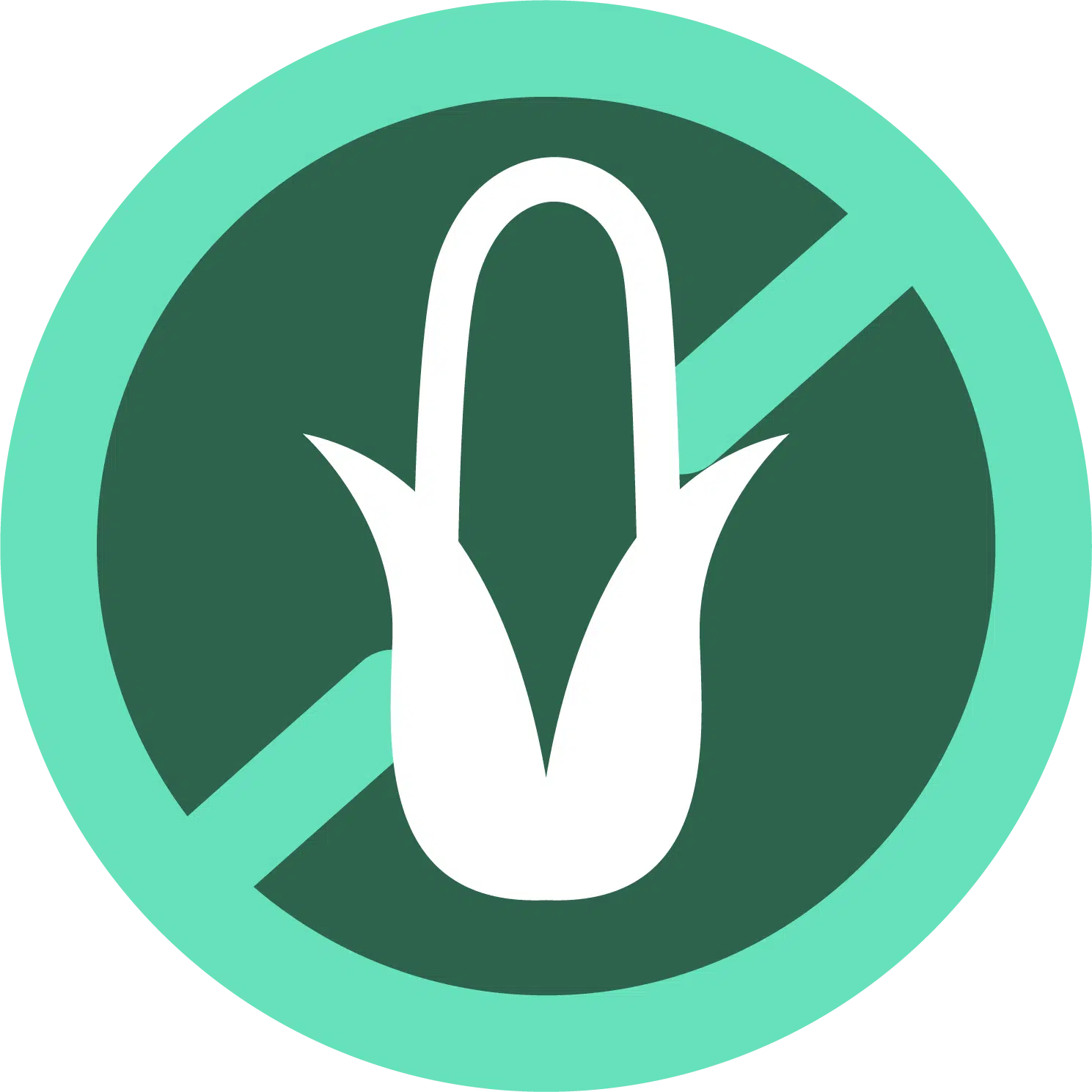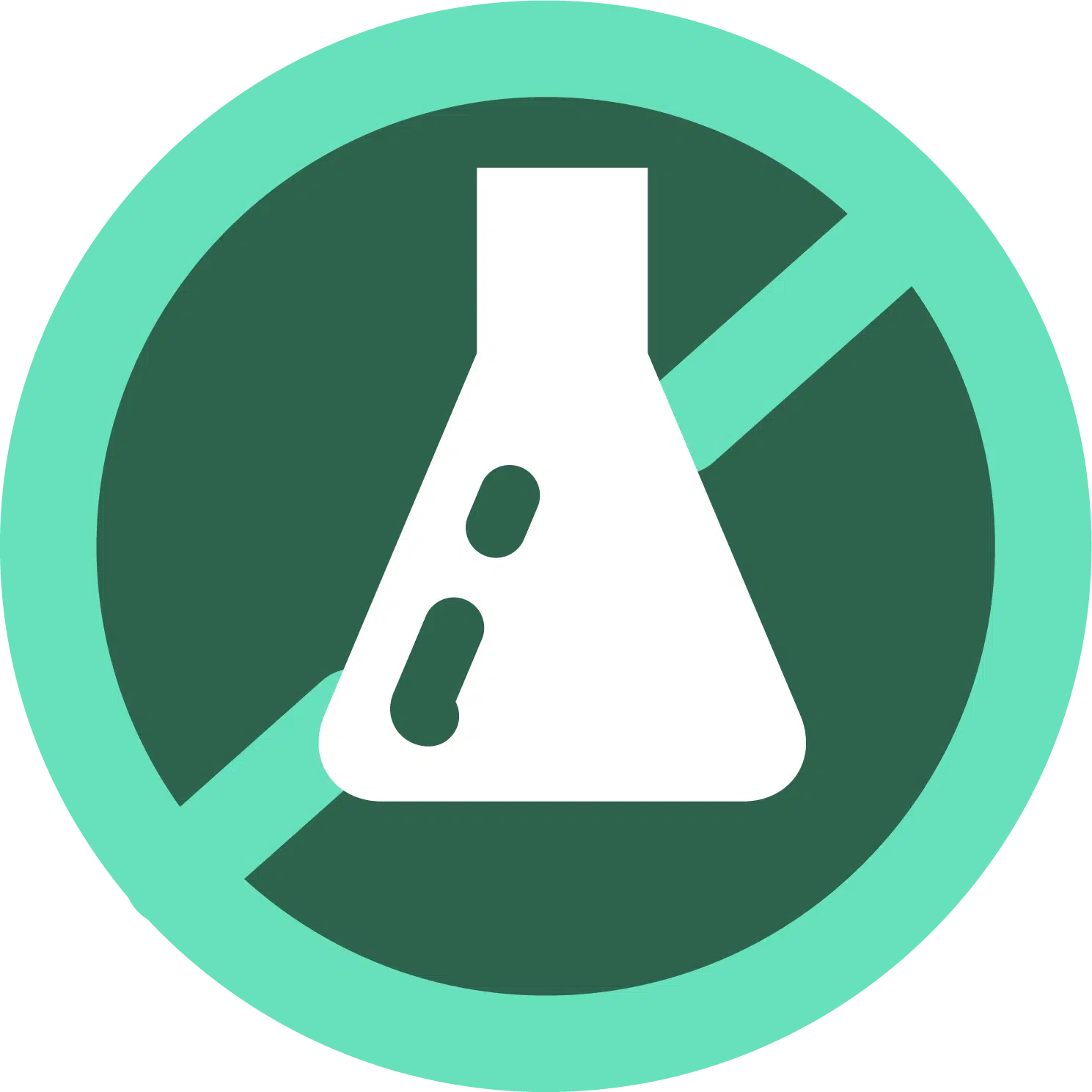ADTHYZA® May Help Patients Get
Back to Focusing
on Life, Not Symptoms
ADTHYZA is a natural preparation derived from porcine thyroid. This natural thyroid extract is a combination thyroid hormone replacement that contains both T4 and T3.1
ADTHYZA may be an option for patients with hypothyroidism who are still symptomatic after taking T4 monotherapy.
Manufactured to Ensure Quality:
ADTHYZA Adheres to High Standards Set by the FDA, USP, and Ourselves2,3
Have confidence in the medication you are prescribing. Before ever reaching your patient, ADTHYZA undergoes strict batch-to-batch quality control to meet consistent T4 and T3 potency standards—using Current Good Manufacturing Practice (CGMP) regulations.2
ABOUT CGMPsOur manufacturing processes adhere to standards outlined by the US Pharmacopeia (USP), an independent scientific nonprofit organization committed to vetting the strength, purity, and quality of medicines. Each batch of ADTHYZA is 100% within range of USP standard.
ABOUT USPADTHYZA is manufactured to ensure quality and stability, backed by Azurity's mission to make safe, high-quality treatments for patients.3
About Azurity Compliance StandardsThe Potencies of T4 and T3 in Every Batch of ADTHYZA Are Confirmed With a Liquid Chromatography (LC) Assay2
ADTHYZA contains both T4 and T3. One grain of thyroid (60 mg) provides 38 mcg of T4 and 9 mcg of T3.1 The potencies of both T4 and T3 in ADTHYZA are confirmed with LC assays to ensure the product meets USP specification standards.2
We test every lot for quality, consistency, and potency. Enter a package's lot number to see more information.
LOOK UP YOUR LOTFormulated to Ensure Allergen Safety: ADTHYZA Recognizes Multiple Ingredient Sensitivities1
Created with patients in mind, ADTHYZA is ideal for patients who have known diet sensitivities or allergies.1

Lactose-free

Corn-free

Dye-free

Latex-free
DOSING
READ NOW
Affordable Access
ACCESS NOWPlease note that Adthyza® has not been reviewed by the FDA for safety or efficacy.
IMPORTANT SAFETY INFORMATION
WARNING
DRUGS WITH THYROID HORMONE ACTIVITY, ALONE OR TOGETHER WITH OTHER THERAPEUTIC AGENTS, HAVE BEEN USED FOR THE TREATMENT OF OBESITY. IN EUTHYROID PATIENTS, DOSES WITHIN THE RANGE OF DAILY HORMONAL REQUIREMENTS ARE INEFFECTIVE FOR WEIGHT REDUCTION. LARGER DOSES MAY PRODUCE SERIOUS OR EVEN LIFE-THREATENING MANIFESTATIONS OF TOXICITY, PARTICULARLY WHEN GIVEN IN ASSOCIATION WITH SYMPATHOMIMETIC AMINES SUCH AS THOSE USED FOR THEIR ANORECTIC EFFECTS.
INDICATIONS:
ADTHYZA® (thyroid tablets, USP) is a prescription medicine indicated as replacement or supplemental therapy in patients with hypothyroidism of any etiology, except transient hypothyroidism during the recovery phase of subacute thyroiditis.
ADTHYZA® is also indicated as a pituitary TSH suppressant in the treatment or prevention of various types of euthyroid goiters, including thyroid nodules, subacute or chronic lymphocytic thyroiditis (Hashimoto’s), multinodular goiter, and in the management of thyroid cancer.
CONTRAINDICATIONS:
ADTHYZA® is contraindicated in patients with uncorrected adrenal cortical insufficiency, untreated thyrotoxicosis, and apparent hypersensitivity to any component of the product.
The use of thyroid hormones in the therapy of obesity, alone or combined with other drugs, is unjustified and has been shown to be ineffective. Neither is their use justified for the treatment of male or female infertility unless this condition is accompanied by hypothyroidism.
WARNINGS AND PRECAUTIONS:
Thyroid hormones should be used with great caution in circumstances where the integrity of the cardiovascular system is suspected. In the elderly and in patients with cardiovascular disease, ADTHYZA should be used with greater caution. In these patients, therapy should be initiated with low doses of ADTHYZA. When, in such patients, a euthyroid state can only be reached at the expense of an aggravation of the cardiovascular disease, thyroid hormone dosage should be reduced.
Thyroid hormone therapy in patients with concomitant diabetes mellitus or diabetes insipidus, or adrenal cortical insufficiency aggravates the intensity of their symptoms, and appropriate adjustments of the various therapeutic measures directed at these concomitant endocrine diseases are required. The therapy of myxedema coma requires simultaneous administration of glucocorticoids.
Hypothyroidism decreases, and hyperthyroidism increases the sensitivity to oral anticoagulants. Prothrombin time should be closely monitored in thyroid-treated patients on oral anticoagulants, and the dosage of the latter agents should be adjusted on the basis of frequent prothrombin time determinations. In infants, excessive doses of thyroid hormone preparations may produce craniosynostosis.
Carcinogenesis/Mutagenesis: A reportedly apparent association between prolonged thyroid therapy and breast cancer has not been confirmed, and patients on thyroid for established indications should not discontinue therapy. No confirmatory long-term studies in animals have been performed to evaluate carcinogenic potential, mutagenicity, or impairment of fertility in either males or females.
Pregnancy and Lactation: Thyroid replacement therapy for hypothyroid women should not be discontinued during pregnancy, and hypothyroidism diagnosed during pregnancy should be promptly treated. Minimal amounts of thyroid hormones are excreted in human milk. However, caution should be exercised when the thyroid is administered to a nursing woman. Routine determinations of serum T4 and/or TSH are strongly advised in neonates in view of the deleterious effects of thyroid deficiency on growth and development.
ADVERSE REACTIONS:
Adverse reactions other than those indicative of hyperthyroidism because of therapeutic overdosage, either initially or during the maintenance period, are rare.
Many drugs and some laboratory tests may alter the therapeutic response to ADTHYZA®. In addition, thyroid hormones and thyroid status have varied effects on the pharmacokinetics and actions of other drugs. Patients on oral anticoagulants, insulin, and oral hypoglycemics should be monitored closely during the initiation of thyroid replacement therapy.
DRUG INTERACTIONS:
- Oral Anticoagulants: Concomitant use of thyroid hormones with oral anticoagulants alters the sensitivity of oral anticoagulants.
- Insulin or Oral Hypoglycemics: Initiating thyroid replacement therapy may cause increases in insulin or oral hypoglycemic requirements. Patients receiving insulin or oral hypoglycemics should be closely watched during initiation of thyroid replacement therapy.
- Cholestyramine or Colestipol—Cholestyramine or colestipol binds both levothyroxine (T4) and liothyronine (T3) in the intestine, thus impairing the absorption of these thyroid hormones. Four to five hours should elapse between the administration of cholestyramine or colestipol and thyroid hormones.
- Estrogen, Oral Contraceptives—Estrogens tend to increase serum thyroxine-binding globulin (TBg). In a patient with a nonfunctioning thyroid gland who is receiving thyroid replacement therapy, free levothyroxine (T4) may be decreased when estrogens are started, thus increasing thyroid requirements. Patients without a functioning thyroid gland who are on thyroid replacement therapy may need to increase their thyroid dose if estrogen or estrogen-containing oral contraceptives are given.
For further information, please see the accompanying complete Prescribing Information for ADTHYZA.
To report SUSPECTED ADVERSE REACTIONS, contact Azurity Pharmaceuticals, Inc. at 1-800-461-7449 or the FDA at
www.fda.gov/medwatch or call 1-800-FDA-1088.
T4, levothyroxine; T3, liothyronine; TSH, thyroid-stimulating hormone.
References
- 1. Adthyza [prescribing information] Woburn, MA, Azurity Pharmaceuticals, Inc. 2023 https://www.adthyza.com/hcp/media/pdf/Adthyza_PI.pdf Prescribing information
- 2. Data on file. Azurity Pharmaceuticals, Inc.
- 3. Azurity Compliance Program. Available online at https://azurity.com/compliance/ Azurity Compliance Program